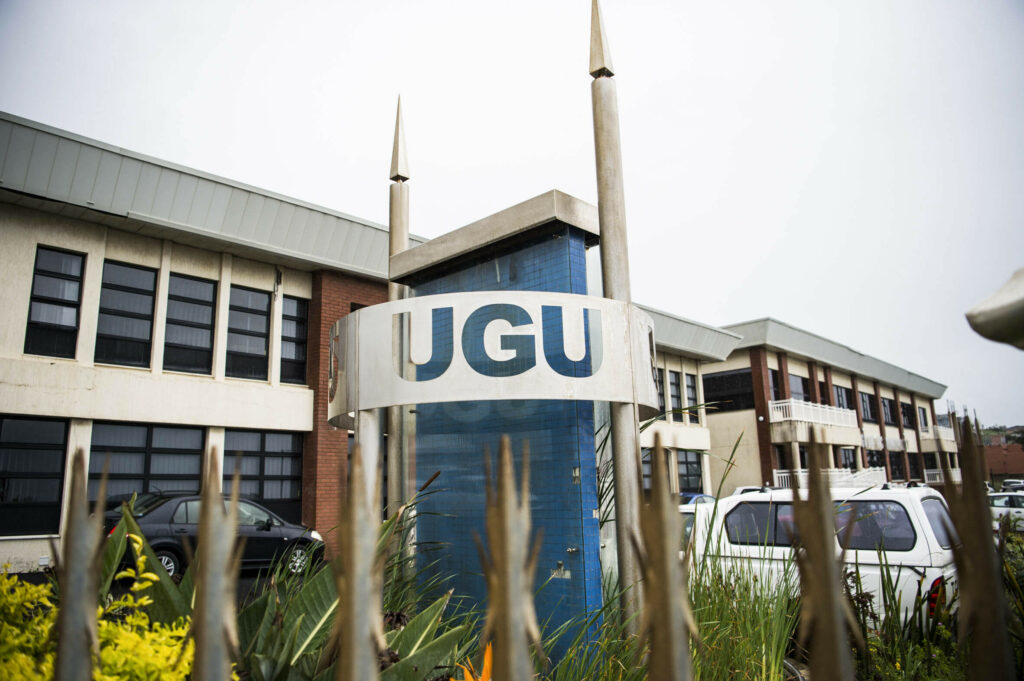
File picture of the Ugu District Municipality constructing. (Photograph by Delwyn Verasamy/M&G)
The Organisation Undoing Tax Abuse (Outa) has sounded the alarm over the weakening of accountability that may may observe a slew of proposed amendments to native authorities laws.
The Native Authorities: Common Legal guidelines Modification Invoice has launched greater than 25 amendments affecting the Municipal Techniques Act, the Municipal Constructions Act and the Municipal Property Charges Act.
Key modifications embrace lengthening the interval {that a} municipal supervisor can stay in an appearing place, and permitting municipal managers appointed irregularly to stay in workplace for as much as three months.
“The eligibility standards for a municipal supervisor may be very clear and is ruled by legislation. The amendments put ahead would successfully enable a municipal supervisor appointed irregularly to stay in workplace for practically 90 days, which is equal to a full monetary quarter within the municipal calendar,” Outa’s Neighborhood Motion Community undertaking supervisor, Jonathan Erasmus mentioned.
“This transfer to permit what is basically an unlawful appointment to stay intact, has large belief and financial penalties for a municipality. If a municipal supervisor is appointed with out complying to the mandatory necessities, the municipality’s head of human assets division, the mayor and different councillors concerned within the course of should be held personally answerable for prices incurred.”
Erasmus mentioned an additional modification that might enable appearing municipal managers to stay in workplace for six months, with an extra six months allowed thereafter, is equally troubling when the earlier threshold was three months.
“The basis explanation for prolonged appearing municipal supervisor roles is cadre deployment and political interference. Like several profitable entity, there must be stability in management. Appearing municipal managers can not act as decisively as totally appointed municipal managers and, in sensible phrases, are doubtless extra prone to political strain attributable to their lack of authority throughout the organisation,” he mentioned.
The division of cooperative governance and conventional affairs opened the invoice for public remark till 31 August. Each Outa and the FW de Klerk Basis have made submissions.
The FW de Klerk Basis warned: “It is very important be mindful always that service supply is the core operate of native authorities. Municipalities are tasked with striving to fulfill the fundamental wants of their group, selling financial improvement and guaranteeing a secure and wholesome atmosphere and so forth.
“Thus, the Invoice’s proposal to increase the time-frame for irregular appointments to be rectified should be thought of in gentle of this: wouldn’t it assist service supply, or wouldn’t it hamper it?”
Outa’s govt supervisor for native authorities, Julius Kleynhans, mentioned that the sweeping amendments additionally made some cheap modifications, and that the Invoice ought to have been used to strengthen accountability.
“This can be a missed alternative. Each effort ought to have been made to lift the bar of excellence – not decrease the edge to simply accept incompetence. These payments are doubtless being written by legislators with self-interest and political expediency in thoughts, not the folks,” he mentioned.